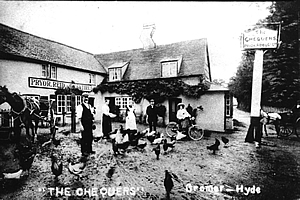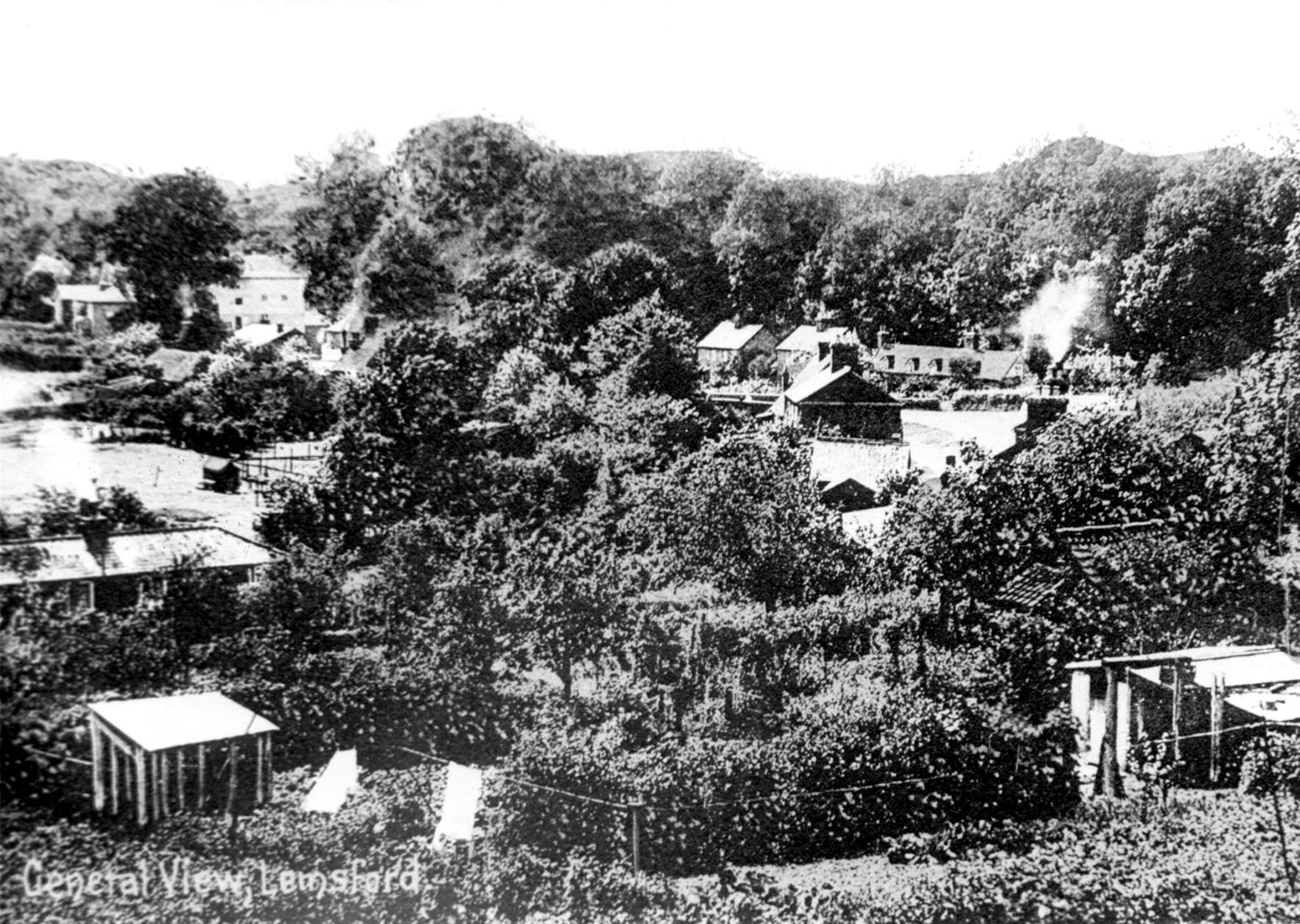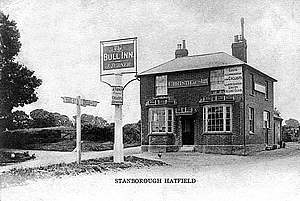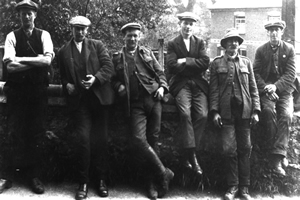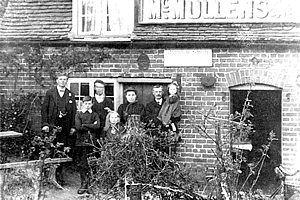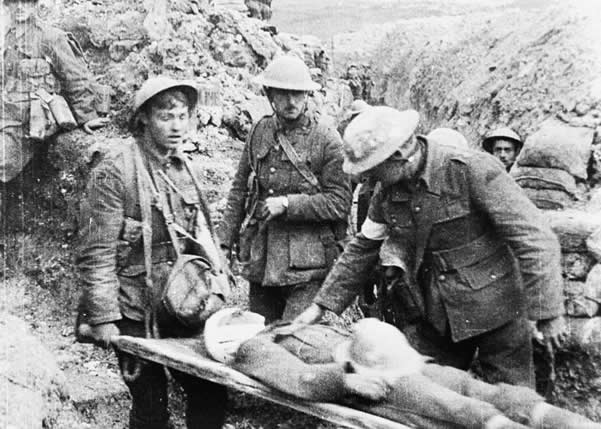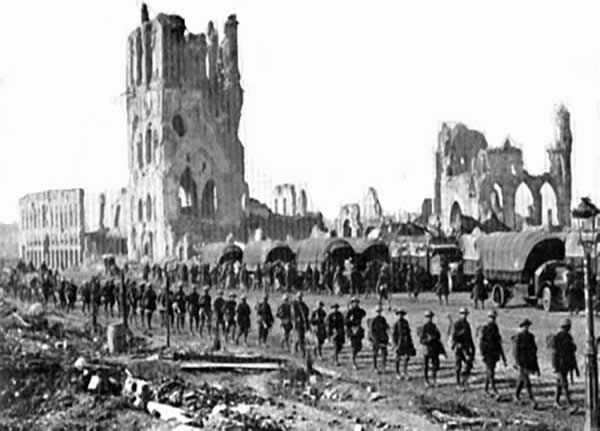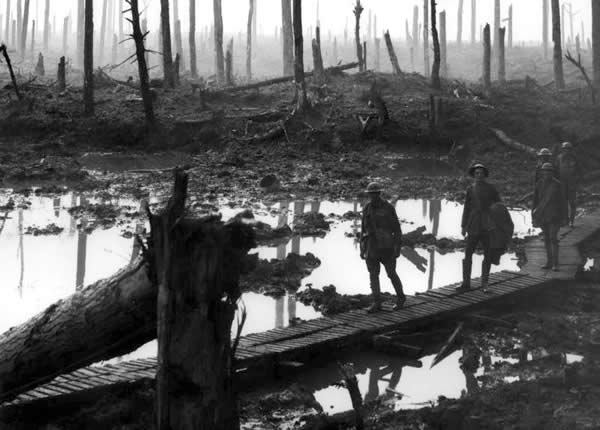Defence of the Realm Act
By Andy ChapmanThe Defence of the Realm Act was added to as the war progressed and it listed everything that people were not allowed to do in time of war. As World War One evolved, so DORA evolved. The first version of the Defence of the Realm Act was introduced on August 8th 1914.Watch our slide shoe and click on image to enlarge
- Can you Help
- Parish Magazine
The Defence of the Realm Act (DORA) of 1914 governed all lives in Britain during World War One. The Defence of the Realm Act was added to as the war progressed and it listed everything that people were not allowed to do in time of war. As World War One evolved, so DORA evolved. The first version of the Defence of the Realm Act was introduced on August 8th 1914. This stated that:
• No-one was allowed to talk about naval or military matters in public places• No-one was allowed to spread rumours about military matters
• No-one was allowed to buy binoculars
• No-one was allowed to trespass on railway lines or bridges
• No-one was allowed to melt down gold or silver
• No-one was allowed to light bonfires or fireworks
• No-one was allowed to give bread to, horses or chickens
• No-one was allowed to use invisible ink when writing abroad
• No-one was allowed to buy brandy or whisky in a railway refreshment room
• No-one was allowed to ring church bells
• The government could take over any factory or workshop
• The government could try any civilian breaking these laws
• The government could take over any land it wanted to
• The government could censor newspapers
As the war continued and evolved, the government introduced more acts to DORA.
• The government introduced British Summer Time to give more daylight for extra work• Opening hours in pubs were cut
• Beer was watered down
• Customers in pubs were not allowed to buy a round of drinks
Press censorship was introduced and the freedom of movement curtailed. People were forbidden to loiter near bridges and tunnels, and even whistling for London taxis was banned in case it should be mistaken for an air raid warning. Conditions of work were strictly controlled and a blackout introduced in certain towns and cities. In May 1916, British Summer Time was instituted, a measure that is still in practice today.
DORA also intervened in British drinking habits. By the spring of 1915 claims were made that war production was being hampered by drunkenness, leading to pub opening times being reduced and alcohol strength reduced. And in July 1916 DORA Regulation 40b was passed making possession of cocaine or opium, other than by authorised professionals such as doctors, a criminal offence.
During the First World War state regulations established a control over the British people which, although relaxed in peacetime, was never to be removed.
.
- Have you information about Lemsford 1914 - 1918
- Have you images Of Lemsford 1914 - 1918
- If Yes to above contact us today
| Parish magazine 1914 | Home Front - News from the War - Church News |
|---|---|
| Parish magazine 1915 | Home Front - News from the War - Church News |
| Parish magazine 1916 | Home Front - News from the War - Church News |
| Parish magazine 1917 | Home Front - News from the War - Church News |
| Parish magazine 1918 | Home Front - News from the War - Church News |

